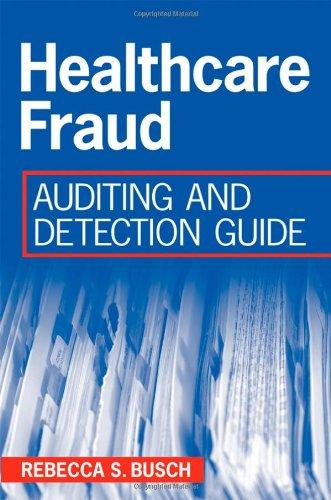Question
1) Which of the following statements is true appellate courts? a) appellate courts hold trials, and hence are referred to as courts of common pleas.
1) Which of the following statements is true appellate courts?
a) appellate courts hold trials, and hence are referred to as courts of common pleas.
b) Appellate courts primarily handle questions of facts, not questions of law.
c) Appellate courts primarily hear and decide cases when they first enter the legal system.
d) Appellate courts have the power to review previous judicial decisions passed by trial courts.
2)Why have most states enacted a long-arm statute?
a) It enables courts to serve defendants outside the state as long as the defendant has sufficient minimum contacts within the state.
b) It enables district courts to handle both questions of law and questions of fact for cases within their states.
c) If a defendant has property in a state, it allows a plaintiff to file suit against the owner instead of his or her property.
d) It allows trial courts to overrule appellate courts' decisions when no trial evidence supports the appellate court's finding.
3)Which of the following statements is true of trial courts?
a) Trial courts have the power to overrule appellate courts' decisions on questions of law.
b)Trial courts handle primarily questions of law, not questions of fact.
c)Trial courts have the power to hear and decide cases when they first enter the legal system.
d)Trial courts can only exercise in personam jurisdiction and not in rem jurisdiction.
Step by Step Solution
There are 3 Steps involved in it
Step: 1

Get Instant Access to Expert-Tailored Solutions
See step-by-step solutions with expert insights and AI powered tools for academic success
Step: 2

Step: 3

Ace Your Homework with AI
Get the answers you need in no time with our AI-driven, step-by-step assistance
Get Started


